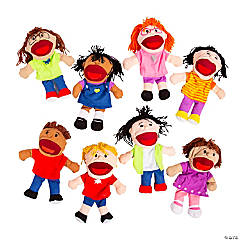
 What ornaments are on your Christmas tree? There are TONS of beautiful ornaments out there: snowflakes, jingle bells, carousel horses, a myriad of santas and snowmen, colored glass balls either painted or with glitter, personalized, cute animals, ribbons and bows, and it goes on and on. Then there's the natural look: popcorn, berries, nuts, flowers, pine cones, and birds. My favorite are the homemade ornaments the kids make at school or in Sunday School or even the ones you make yourself. What seems to be missing are the Christian ornaments. We see angels, crosses, and sometimes a nativity scene creatively painted on a bulb but that's about it. What about all the other Christmas symbols?
What ornaments are on your Christmas tree? There are TONS of beautiful ornaments out there: snowflakes, jingle bells, carousel horses, a myriad of santas and snowmen, colored glass balls either painted or with glitter, personalized, cute animals, ribbons and bows, and it goes on and on. Then there's the natural look: popcorn, berries, nuts, flowers, pine cones, and birds. My favorite are the homemade ornaments the kids make at school or in Sunday School or even the ones you make yourself. What seems to be missing are the Christian ornaments. We see angels, crosses, and sometimes a nativity scene creatively painted on a bulb but that's about it. What about all the other Christmas symbols? Why not host a Chrismon Day during Advent? Invite people from your church and churches in the area to come and spend a Saturday afternoon making Chrismons for their christmas trees. The supplies needed are sheets of styrofoam, Chrismon templates, gold beads, gold sequin strips, pearls, glue, scissors, etc. Anything gold and white are for Chrismons. (Be sure to use glue that doesn't yellow.) Chrismons are technically gold and white but, of course, if you want to get really crazy decorate with color. If you want some decorating ideas see the photos in my first post about Chrismons.
If you're curious about the meanings of some of the symbols, check out this simple chart.














